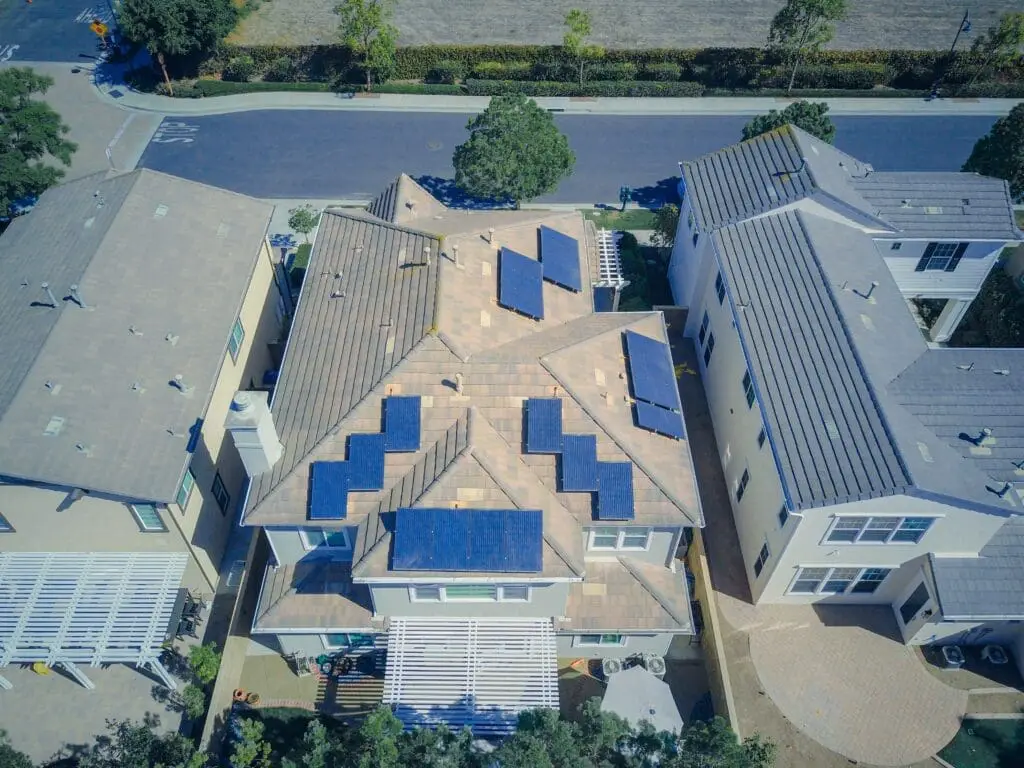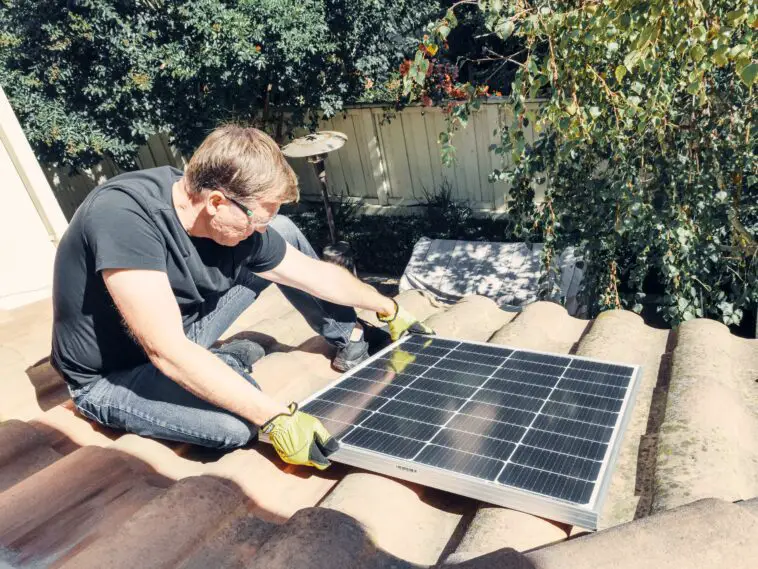As the world continues its shift towards sustainable energy solutions, many homeowners are exploring installing solar panels on their properties. Not only can solar panels significantly reduce your carbon footprint, but they can also lead to substantial long-term cost savings.
Before you embark on this eco-friendly journey, it’s essential to understand the key considerations involved in the process. From financing solar panels to evaluating your property’s suitability, here are eight essential factors to keep in mind.
1. Consider Financial Feasibility And Financing Solar Panels
Before installing solar panels, it’s crucial to assess the project’s financial feasibility. Solar panel installation requires an upfront investment, but the long-term benefits can outweigh the initial costs.
Start by calculating your potential energy savings over the years to determine whether the investment aligns with your financial goals. Additionally, research available incentives, rebates, and tax credits that can significantly offset the initial expenses.
2. Conduct Energy Consumption Analysis
Understanding your household’s energy consumption patterns is essential for designing an effective solar panel system. Below is a brief guide to understanding your household’s energy consumption patterns:
- Collect Utility Bills: Gather your past utility bills covering a range of months or a year.
- Identify Energy Usage: Look for the monthly and annual energy consumption data in kilowatt-hours (kWh) on the bills.
- Calculate Averages: Add up the monthly consumption values and divide by the number of months to calculate your average monthly usage. Multiply the average monthly usage by 12 to determine your annual energy consumption.
- Note Variations: Consider any seasonal variations in energy usage. For instance, heating or cooling needs might cause fluctuations.
- Share Data: Provide this energy consumption data to solar professionals to help them recommend the appropriate system size for your needs.
This data will help solar panel professionals recommend an appropriately sized system to meet your needs. Oversizing or under sizing your solar panel array can impact energy savings and overall system performance.
Remember, the accuracy of your solar panel system design relies on precise energy consumption data, so try to gather comprehensive and representative utility bill information.
3. Consider Property Suitability And Solar Panel Placement
Not all properties are equally suitable for solar panel installation. Below are factors to consider in determining the efficiency of your solar system:
- Roof orientation: The direction your roof faces affects how much sunlight your panels receive. South-facing roofs in the northern hemisphere (or north-facing in the southern hemisphere) are generally ideal, as they receive the most sunlight throughout the day.
- Shading: Shade from buildings, trees, or other obstructions can significantly reduce solar panel efficiency. Panels need direct sunlight to produce the most energy efficiently.
- Roof condition: The structural integrity of your roof is crucial for safely installing solar panels. A sturdy roof can support the weight of the panels over time.
These factors collectively impact the efficiency and effectiveness of your solar system, emphasizing the need for a thorough assessment before installation. If your roof doesn’t meet these criteria, ground-mounted systems or adjustments to your property’s landscape may be considered.

4. Choose The Right Solar Panels And Equipment
Solar panel technology has evolved significantly, offering various efficiency, aesthetics, and durability options. Research different panel types, such as monocrystalline, polycrystalline, and thin film, to understand their pros and cons.
Additionally, consider inverters, which convert solar energy into usable electricity. String inverters, microinverters, and power optimizers each have distinct benefits and applications.
5. Select A Reputable Solar Installer
Choosing an excellent solar installer is important for your solar project to work well. Here are some essential things to keep in mind when picking an installer:
- Experience and reliability: Find an installer who has done this kind of work for a while and is known for being trustworthy. Their experience helps them handle problems that might come up during the installation.
- Certifications: Look for installers with special certifications. These show that the installer meets high standards and knows what they do.
- Feedback from others: See what other people have said about the installer. It’s a good sign if they have many happy customers. But be careful if many people have had problems.
- Compare quotes: Get estimates from different installers. This helps you see what’s included in their work and if the prices are fair.
- Full service: Good installers don’t just do the installation. They also help design the system and get the permits needed. This ensures your system is safe and working well.
Taking time to choose the correct installer pays off in the long run, especially when opting for a local solar provider. Selecting a solar provider near you ensures a better understanding of regional installation nuances and quicker service response times. A well-installed system lasts longer, makes more energy, and saves you money over time. With a good installer, you can trust that your solar project is in capable hands.
6. Understand Maintenance Requirements
Solar panels are relatively low maintenance but require occasional upkeep to ensure peak performance. Dust, debris, and bird droppings can accumulate on panels. This can reduce their efficiency.
That said, it’s ideal to maintain a solar panel through regular cleaning and inspections to prevent any issues. Additionally, staying informed about manufacturer warranties and understanding what they cover will help you address potential technical problems.
7. Take Note Of Regulatory And Permitting Processes
Solar panel installation often involves navigating local regulations and obtaining permits. Depending on your location, there might be zoning restrictions, building codes, and utility interconnection requirements to consider. Familiarize yourself with your area’s permitting process and necessary paperwork, as compliance is essential to avoid delays and legal complications.
8. Assess Net Metering And Energy Storage Options
Net metering provides the opportunity to sell surplus energy produced by your solar panels back to the grid, potentially earning you credits on your utility bill. Look into your local utility’s net metering policies to make the most of your savings. Also, think about energy storage options like batteries, which store extra energy for use during overcast days or power outages. These solutions can boost the dependability of your system.
In Conclusion
Embarking on the journey to install solar panels on your property is a significant decision that involves careful consideration of multiple factors. The key factors discussed play a crucial role in the success of your solar project. By making informed choices, you can harness the sun’s power to reduce your carbon footprint, save on energy costs, and contribute to a more sustainable future.





